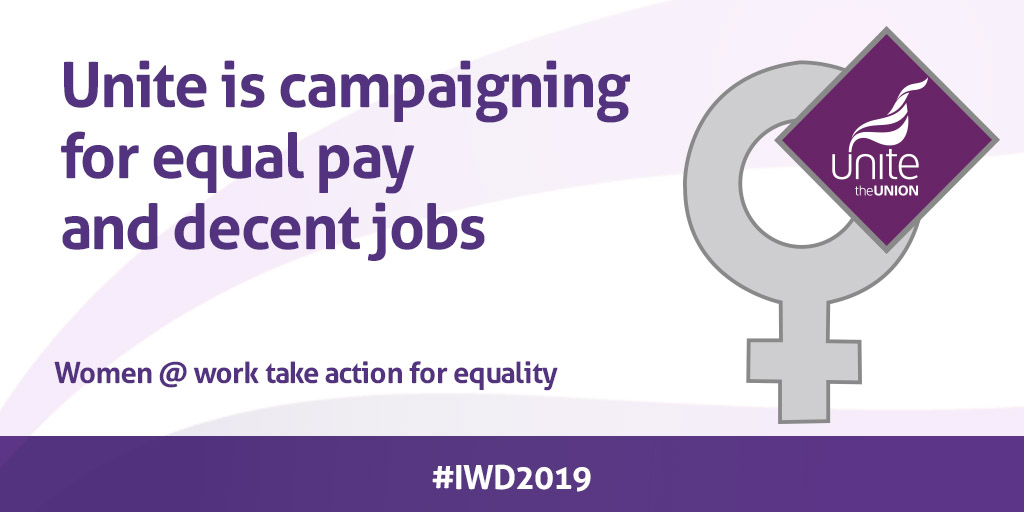Equal pay plea
The courage of Ford Dagenham’s women workers in 1968 in their strike for equal pay changed the way women were paid for ever – or so we hoped.
Now in austerity Britain, nearly 50 years on from the landmark 1970 equal pay ruling, the pay gap is widening once again. The gender pay gap between men and women in their twenties has doubled in the past three years, and is also on the rise between men and women in their thirties.
In the past three years, the pay gap has doubled with little hope from the present government of seriously addressing the issue. Today’s women workers are earning on average just 81 pence for every £1 earned by a man. Since the equality act of 2010 – which only required employers to adopt pay transparency on a voluntary basis – just five companies have come clean on their gender wage gap. It’s enough to make those brave women weep.
But today, (December 16), Rotherham MP Sarah Champion, backed by Unite, Grazia magazine, some of the original Ford Dagenham women and stars from the West End show, hopes to change this.
Sarah Champion is bringing a 10 minute rule Bill being which would place a duty on ministers to implement section 78 of the 2010 equality act. This would mean any employers with over 250 workers would have to publish wage data – thereby making transparent any existing gender pay gap within their organisation – and the reasons behind it.
“It is 46 years since this union’s members at Ford began their fight to close the gender wage gap – and a disgrace that all these years later, women are still fighting for a fair deal,” said Unite national equalities officer, Siobhan Endean.
“Our wages are vitally important to the household income but underpaying and undervaluing the work we do still goes on. Worse, this government appears to be doing next to nothing to address this.”
But by shining a light on the problem, employers, employees and unions will have the information to address inequality in pay between men and women working equivalent jobs, as well as too few of women in the highest paid roles.
“More and more women workers are now union members because they know that, with a union on our side, we do better but an end to pay secrecy in larger companies will make all the difference in the battle against discrimination,” added Siobhan.
We certainly hope that fairness is achieved and the UK’s workforce can begin to earn the same pay.
 Like
Like Follow
Follow

